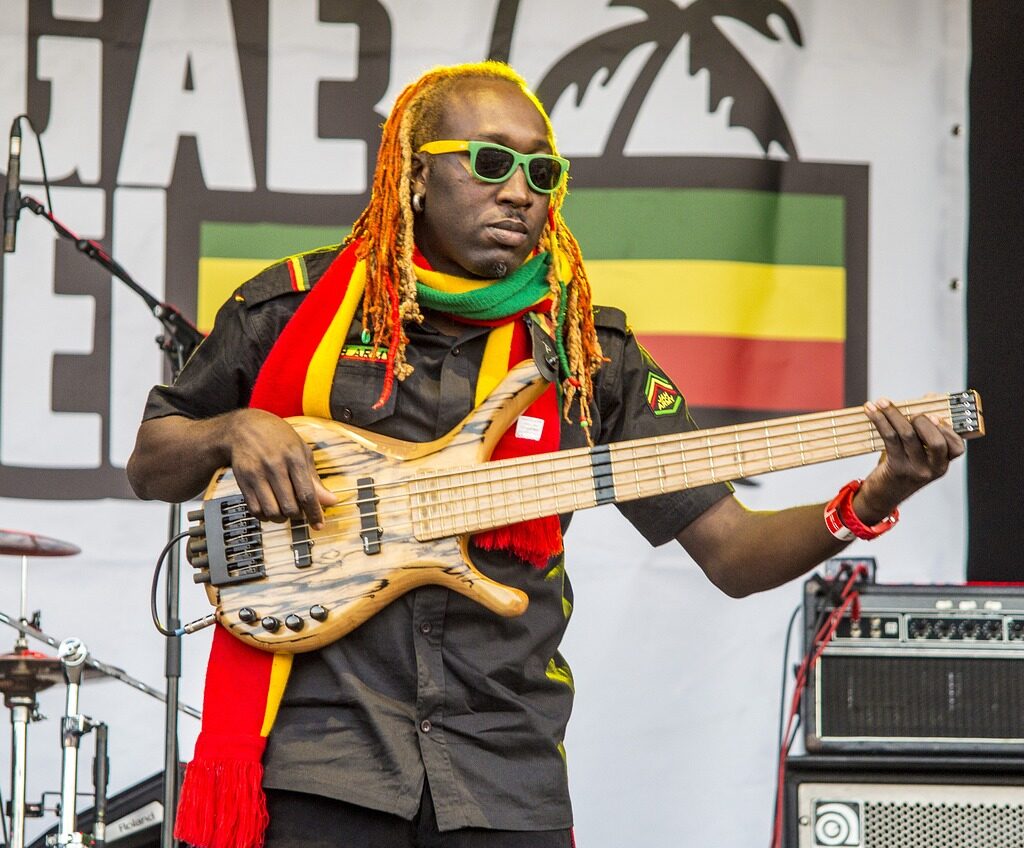Jamaica gave root to the reggae music genre in the late 1960s. It developed from older Jamaican musical genres such as rocksteady and ska. Its distinctive offbeat rhythms, synced basslines and focus on the “skank” guitar rhythm define it. In the 1970s, this genre became popular worldwide and is still significant today.
Continue reading to see the impact and development of reggae.
Culture with Reggae
Jamaica, the birthplace of reggae, has effectively utilized it to promote social change and showcase cultural identity. Its lyrics, which speak to individuals from every aspect of life, frequently touch on issues of social justice, equality, and spirituality.
An article by the Smithsonian Center for Folklife and Cultural Heritage, one of the Smithsonian Institution’s three centers for culture, says “roots” reggae music—through its close association with the philosophy and culture of the Rastafari—played a major role in transforming Jamaica’s national identity.” Reggae has a profound cultural impact that goes well beyond its musical borders. It shapes identities, motivates social change, and builds relationships between generations and cultures.
music
Reggae’s unique rhythm, defined by its powerful melodies and coordinated offbeats, has impacted many other styles of music, including punk, hip-hop, and electronic music. Its easygoing flow and focus on creativity have served as an inspiration to performers of many different genres.
An article by UDiscover, a large record label, says, “It’s considered ‘cool’ by people with no connection to Jamaica, reggae music’s place of origin. It is complex enough to attract progressively-minded musicians; it is accessible enough for anyone to be able to dance to it.” The originality of this genre is found in its unique rhythms and instrumentation and its capacity to stimulate experimentation and invention in other musical genres.

Economy
Reggae has significantly boosted Jamaica’s tourism industry, creating jobs for producers, musicians, and other industry professionals. The sounds of this type of music primarily attract visitors to Jamaica and other places with booming tourism industries.
Reggae festivals and cultural events attract visitors who spend money on hotels, meals, travel, and souvenirs, supporting the tourist economy. Jamaica’s tourism and cultural promotion have benefited from the international recognition of reggae artists. It creates jobs and enhances the local economy of Jamaica and other countries.
Beyond the music enterprise, reggae has a significant economic influence on traveling, cultural heritage, and entertainment. It creates jobs and enhances the local economy of Jamaica and other countries.
To see more music articles, visit Ferry Godmother Productions.

